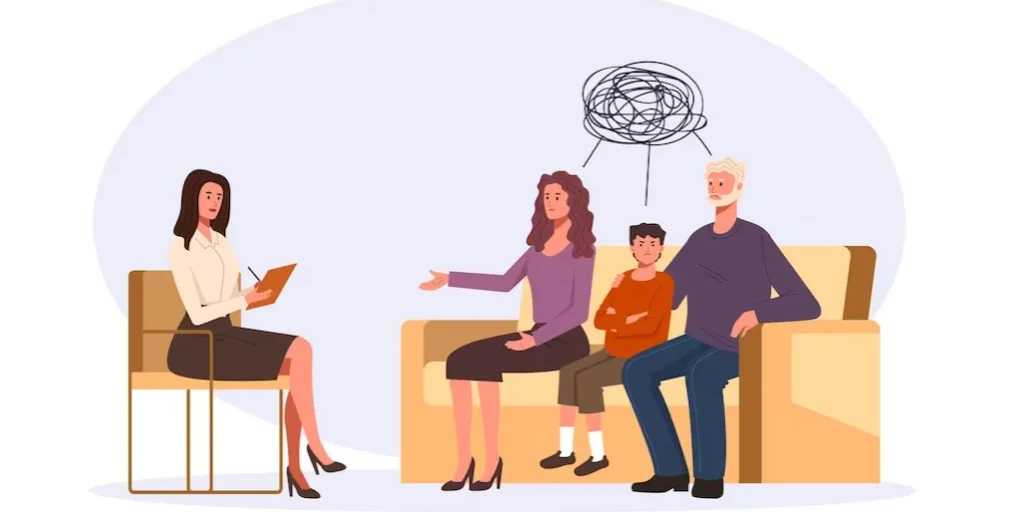24/7 Helpline:
(866) 899-111424/7 Helpline:
(866) 899-1114
Learn more about Inpatient Rehab centers in Chewelah
Inpatient Rehab in Other Cities

Other Insurance Options
Beacon

Health Net

Horizon Healthcare Service

Coventry Health Care

WellPoint

Anthem

Amerigroup

CareFirst

MHNNet Behavioral Health

Holman Group

Optum

Medical Mutual of Ohio

Providence

Magellan

United Health Care

Multiplan

Health Choice

Cigna

EmblemHealth

Absolute Total Care


Northeast Washington Counseling Service
Northeast Washington Counseling Service is a public rehab located in Chewelah, Washington. Northeast...

NorthEast Washington Alliance Counseling Services
NorthEast Washington Alliance Counseling Services - Hawthorne Avenue is a diagnostic and treatment c...



























































































































































































































Crisis Intervention Counseling
Crisis Intervention Counseling is a private rehab located in Colville, Washington. Crisis Interventi...

AA – Alcoholics Anonymous
AA – Alcoholics Anonymous is a non-profit rehab located in Colville, Washington. AA – Alcoholics Ano...

Spokane Tribe Behavior Health Agency
Spokane Tribe Behavior Health Agency is a public rehab located in Wellpinit, Washington. Spokane Tri...




























































